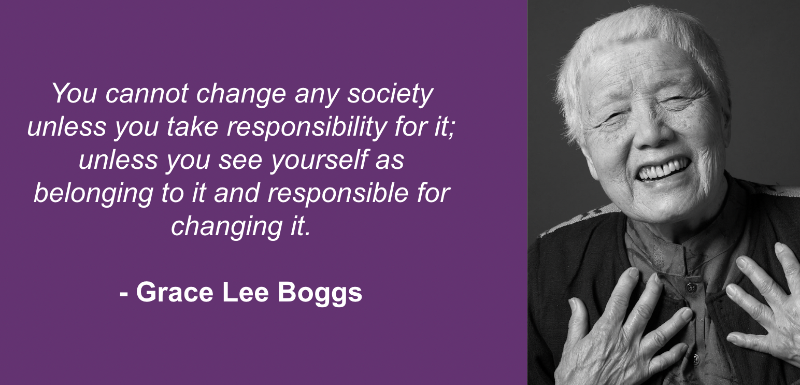How "Black Panther" Opened My Eyes
- Larry Jay Tish
- May 15, 2018
- 4 min read

First published at Campus Activities Programming® - April 2018 Issue.
I was speaking recently with a student at Texas Christian University (TCU) about our visit the following week. We were discussing the temperature on campus in terms of welcoming and embracing diversity and fighting racism of any kind. In light of the current political situation, on most campuses we visit, the mercury is rising. She said that, in terms of diversity, the ongoing dialogue on campus is about the film “Black Panther.” She asked if I had seen it. “Not yet,” I said, assuring her I would see it before we got to her campus the following week.
So, on the next Sunday afternoon, I saw “Black Panther” in a sold-out Apple Cinema near my home in Cambridge, Massachusetts. I was not prepared for how I would feel when the lights went up. (I stayed to the very end. Half the audience thought it was over when the initial credits began; however, there was still some movie left with a very important message.) I walked out of the theater in a trance – part of me in Cambridge, part in Wakanda. I remembered seeing “Schindler’s List” and being caught off guard in a similar way. After seeing Spielberg’s epic film, I was waiting for the Green Line train. As it moved up the tracks toward me, I was overtaken by the haunting image of Jews, waiting on platforms, as trains arrived to take them to death camps. I will never forget that feeling.
The Apple Cinema is part of the Fresh Pond Mall, which is located in the shadows of a Cambridge affordable housing project known as Rindge Towers. The Towers’ tenants are mostly people of color. The mall includes Whole Foods as well as other shops and stores that make up many a mall across America, including McDonald’s, Panera Bread, Staples and TJ Maxx.
I walked over to Whole Foods to pick up something for dinner. As I was shopping, I crossed paths with a black man and a boy who were also shopping (his son, perhaps). I really hadn’t noticed anyone else as I walked over. When I saw them, I stopped. I felt something out of the ordinary. These two were “Kings!” I normally would just notice them as I would any man and his son pushing a cart there. (Granted, most people of color I see at Whole Foods are not shopping, but rather stocking shelves or working the registers.) Now, to me, they were not black – they were Wakandan! My 138 minutes of immersion into a different narrative about black people had changed my perception, in a way I never could have imagined.
Does this mean that before seeing “Black Panther” and having this experience, I had racist attitudes towards people of color? I’m afraid it does. That’s a hard pill to swallow for someone who travels the country singing the praises of diversity, inclusion and tolerance. Rather than taking the time to beat myself up, I had a better idea of how to use this moment – reflection. I thought, “This is what exposure does to us!” I never considered myself racist; however, being “exposed” to black people in a way I rarely get to witness them represented in media – as kings, generals, warriors, tech genius, peace loving, diverse – helped change my perceptions. As I’ve heard several times before at race conferences around America, “To some extent, we are all racists.” My immersion into the world of “Black Panther” reminded me that my preconceptions of people are tainted by the world around me, whether I am aware of it or not, and whether I like it or not.
I always knew being exposed to other people and cultures is important, but the narrative of who the Wakandan people are put a big fat dent in the narrative I see and hear everyday (mostly in the media) about who African Americans are. Sure, some of those narratives are positive. However, they will probably never rise to Ryan Coogler’s imagination and his presentation of Marvel’s superhero Black Panther and the Wakandan people.
If you live in a bubble, you will become a reflection of that bubble. Doesn’t matter if you live in Brooklyn, New York, or on a farm 40 miles west of Cedar Rapids, Iowa. If you do not earnestly expose yourself to other narratives about people you do not know or understand, you will be enslaved to the narrative you are given about them. Period.
The bottom line is, every human being deserves respect and dignity (unless they have compromised that by bad behavior), no matter the color of their skin, who they pray to, or their gender. “Black Panther” reminded me to question even more the narrative that has been fed to me about others, in most cases by others, which I have come to believe at some level. Everyone deserves the benefit of the doubt that they are amazing, and just may have vibranium in their pocket.




























댓글